
Grammar Gremlin Precede vs. Proceed YouTube
proceed vs. precede The verb proceed means "to move forward," "to continue an action," or "to go on to do something." For example: Please proceed carefully—there are many crevices in the cave. The play proceeded after a short intermission. The plural noun form proceeds is most commonly used to mean "money or profit earned from a transaction."

Pin on English Language Arts
Misspelling of Precede Many people will incorrectly spell precede as preceed, which is a misspelling that confuses the two words proceed vs. precede. It is widely rejected and should be avoided. When to Use Proceed Proceed is a verb that means to go forward or onward, especially after an interruption; to carry on.
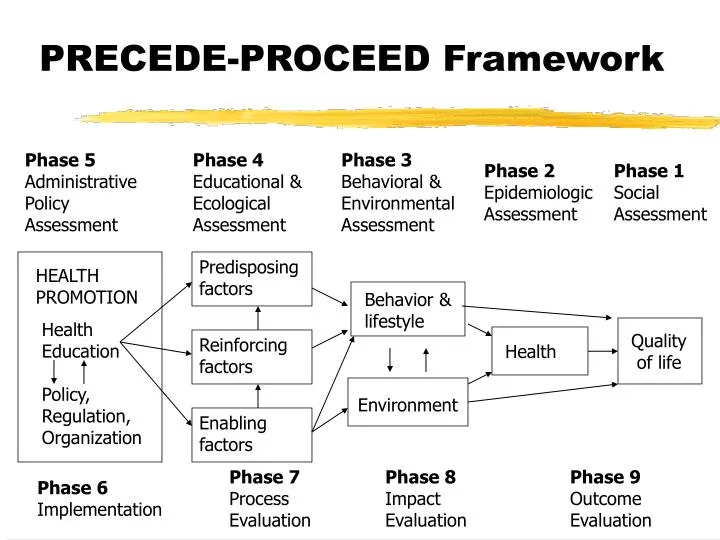
PPT PRECEDEPROCEED Framework PowerPoint Presentation, free download
"Proceed" is a verb that conveys action. The word is of Latin origin and means moving onward or forward, especially following an interruption. On the other hand, "precede," although a verb, conveys that something exists, goes, or occurs before in time. The word is also of Latin origin.
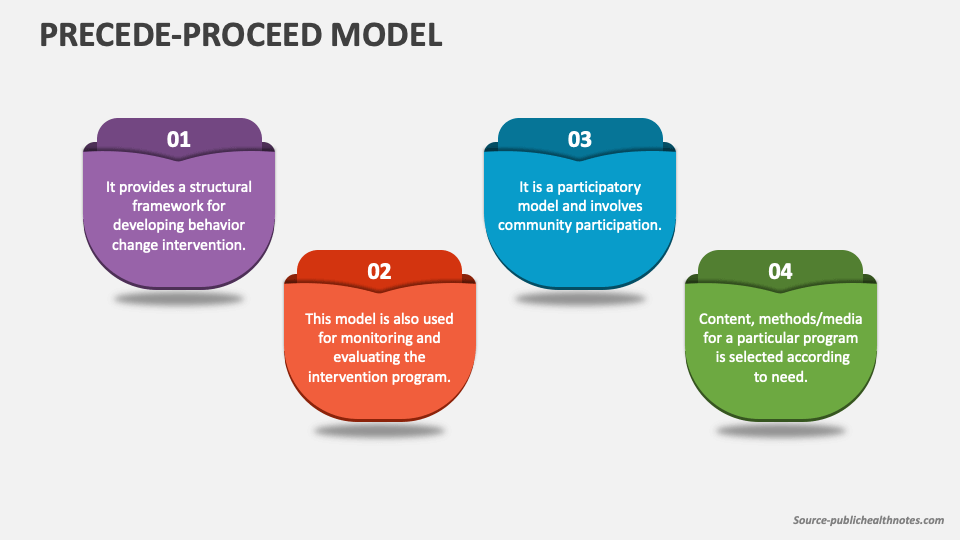
PrecedeProceed Model PowerPoint and Google Slides Template PPT Slides
Precede vs proceed - definitions, uses, and examples Definition of precede. The word is pronounced as 'pruh-seed.' It means 'to be earlier in time or occur or come before something or someone. It is often used to emphasize the chronology of a prior event in the course of other events. It is synonymous with the word 'forego.'

Precede vs Proceed vs Proceeds Confusing English Words English
The answer is no. "Preceed" is a frequent misspelling of "precede" and holds no legitimacy as a correct term. The primary cause of confusion likely lies in the close similarity in pronunciation that "precede" shares with "proceed," with the latter ending accurately in "-ceed." Incorrect: Please preceed with caution.
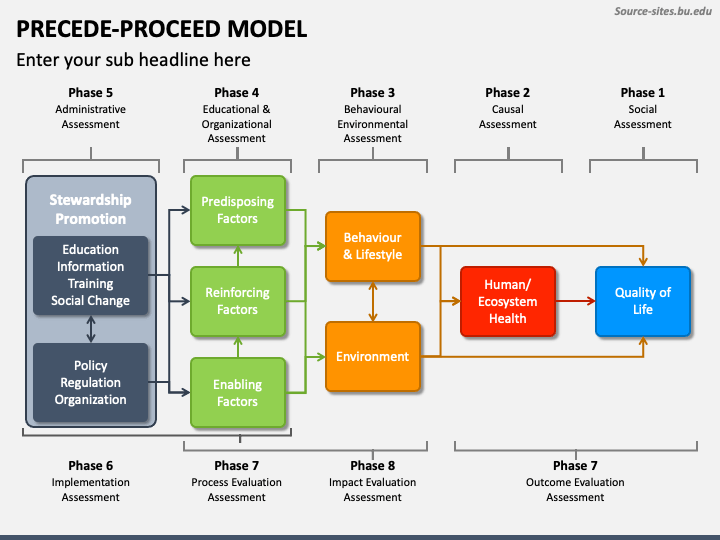
PRECEDEPROCEED Model PowerPoint Template and Google Slides Theme
Precede means to come before something in time, place, order, rank, etc. To give you an idea, a preface precedes the first chapter of a book. It's like the appetizer before the main course or the opening act before the headliner. But proceed means to begin or continue with something. It can also mean moving forward.

Precede vs. Proceed [SAT Vocabulary]SAT Words YouTube
"Proceed" vs. "Precede": What's the Difference? | Grammarly There are a lot of confusing words out there: homophones like affect and effect, different tenses of the same word like choose… Proceed and precede sound similar but mean different things. Learn their meanings, plus helpful tips to remember which one to use in your writing.
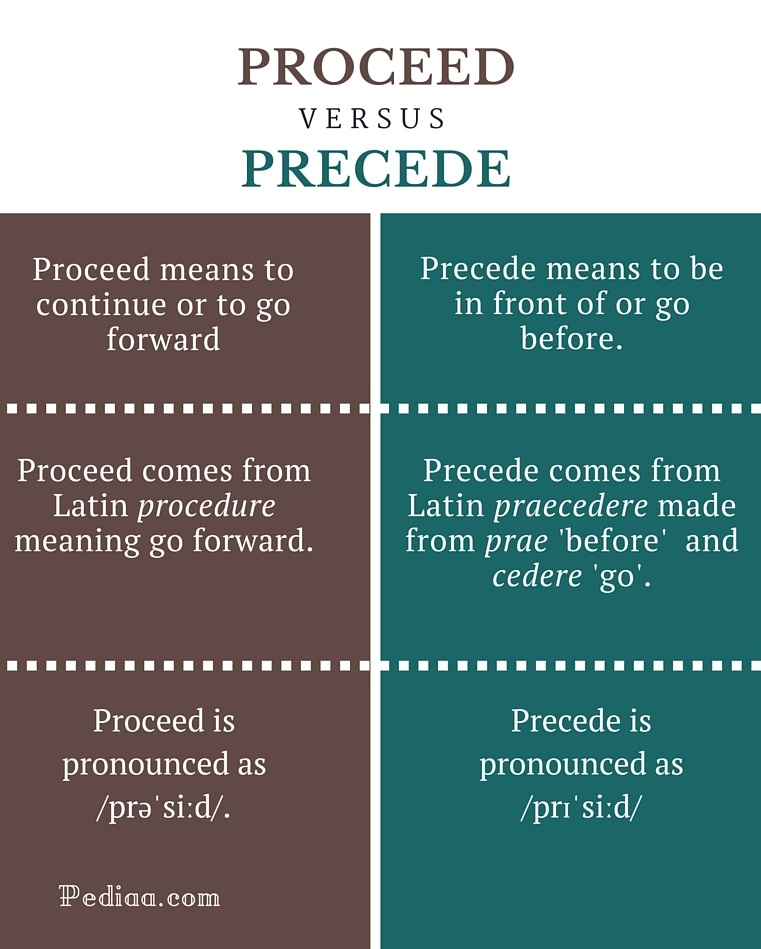
Difference Between Proceed and Precede
The word proceeds means money that is raised by an event or activity. When charitable organizations host events, they earn proceeds. Keep in mind that when proceed is a verb, the stress is on the second syllable (pro-CEED). When the word is a noun, the stress is on the first syllable (PRO-ceeds). The noun proceeds is always plural.
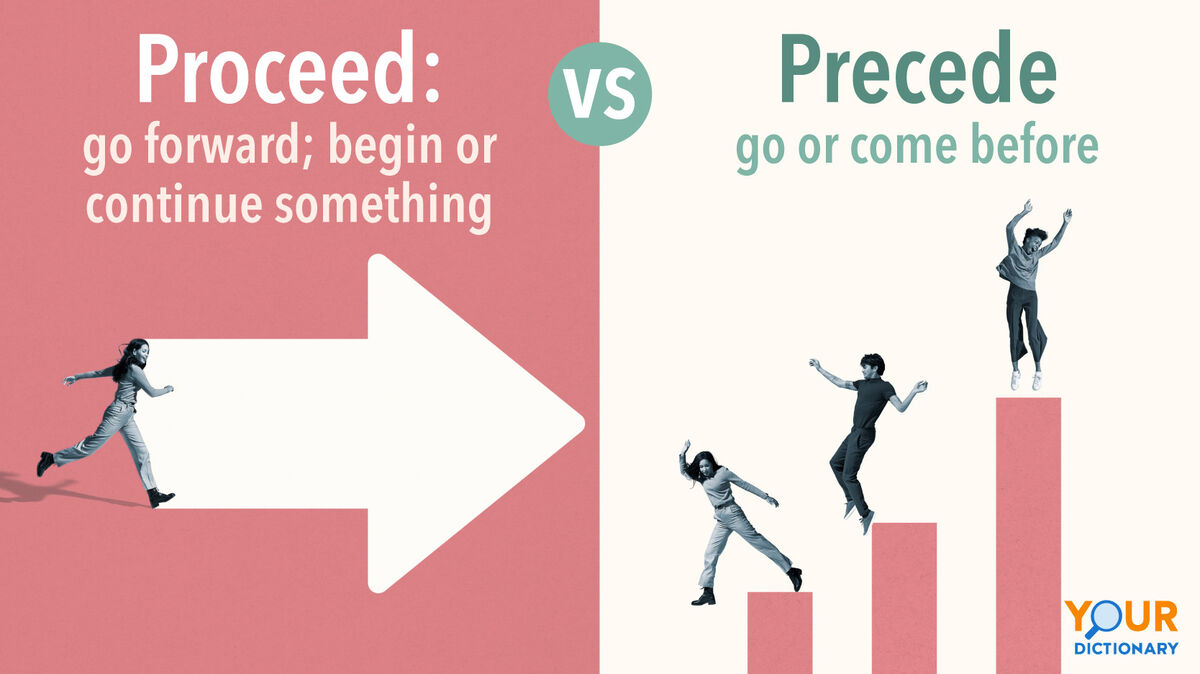
Proceed vs. Precede Step Towards the Right Usage YourDictionary
Proceed The verb "to proceed" means "to go forwards" or "to continue." The noun "proceeds" (always in the plural) means "the profit arising from an event or sale." Example sentences with "proceed" and "proceeds": As soon as security has removed the protesters, I shall proceed. (Here, "proceed" means "continue.") We are proceeding at pace.
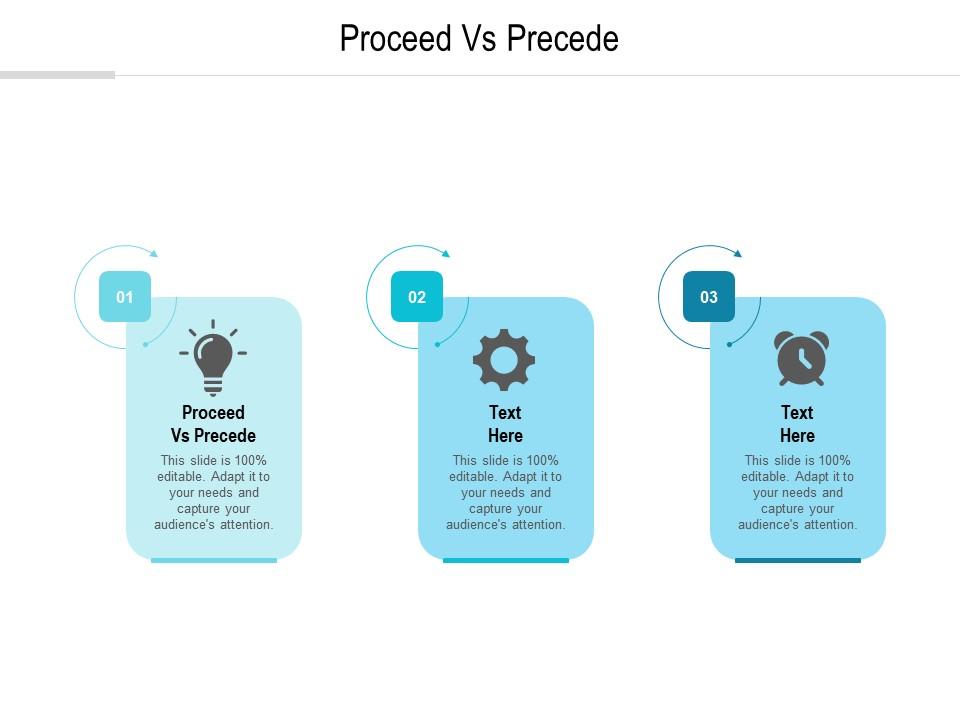
Proceed Vs Precede Ppt Powerpoint Presentation Summary Example Topics
"Proceed" is a formal verb and it refers to the action of continuing to do something according to a previously agreed plan. In fact, a perfect synonym expression for "proceed" would be to "continue as planned", as both refer to exactly the same action.

PRECEDEPROCEED Overview YouTube
Proceed means to start or carry on and Precede means to come into existence before something or someone in time. They are not homophones but being almost homonyms, they stir up their fair share of confusion because of their near-identical pronunciations. What is Proceed? Proceed is a verb that means to start or continue something.

"Precede" vs. "Proceed" in English LanGeek
Precede vs. proceed examples. Here are some examples of how "precede" and "proceed" can used while writing: The literature review should precede the experimental design in order to ensure that the research question is properly framed.; In this study, we will proceed with the hypothesis that the increase in temperature will lead to a decrease in enzyme activity.
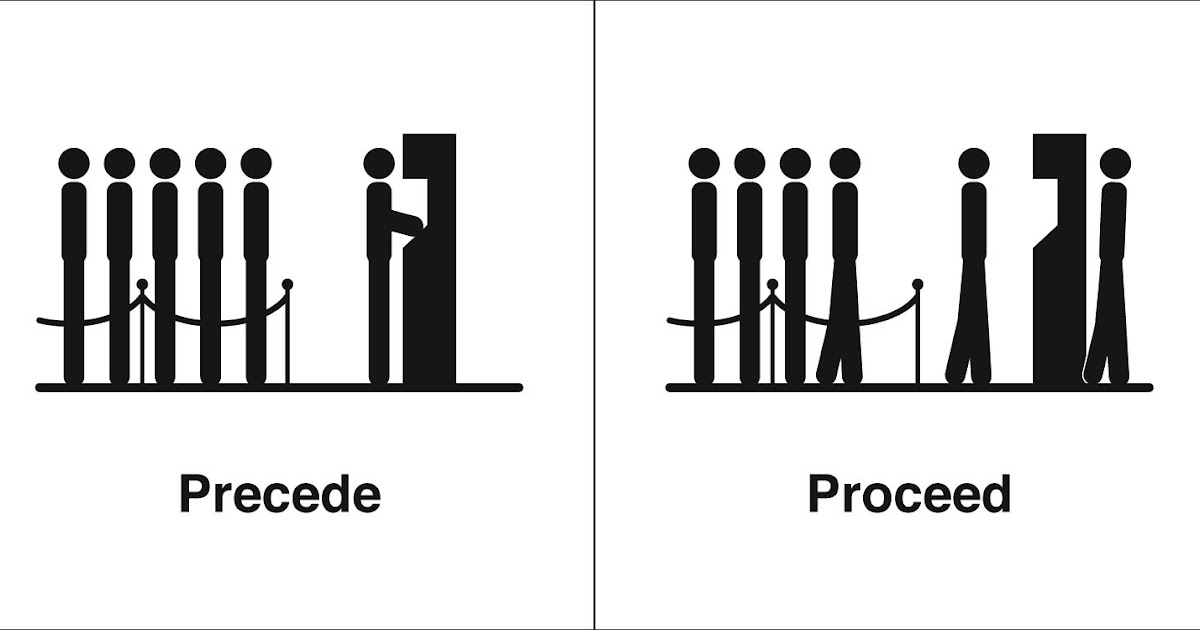
Homophones, Weakly Precede & Proceed
To 'Proceed' means to continue or move forward with something so that we can use the prefix as a reminder of the word's definition. Other examples of words with the prefix 'pro-' that can serve as clues are progress, promise, procrastination, and promotion.

“Proceed” vs “Precede” Difference with examples
Definition be earlier in time; go back further Examples Stone tools precede bronze tools proceed Definition continue Examples We proceeded towards Washington proceeds Definition The total amount of money brought in Examples The proceeds from the concert will go to charity. Other misspelled words Maine vs. Main Bridle vs. Bridal Compact vs. Contract

Precede vs Proceed Eiken Level 1 Vocabulary 英検1級単語の練習 YouTube
Precede means "to come, be, or go before." It can also mean to surpass in rank or dignity. The closely related word proceed means "to continue after a pause" or "to begin and carry on an action." Often precede is related to time, while proceed is related to action. Without further ado, we'll proceed to the article.
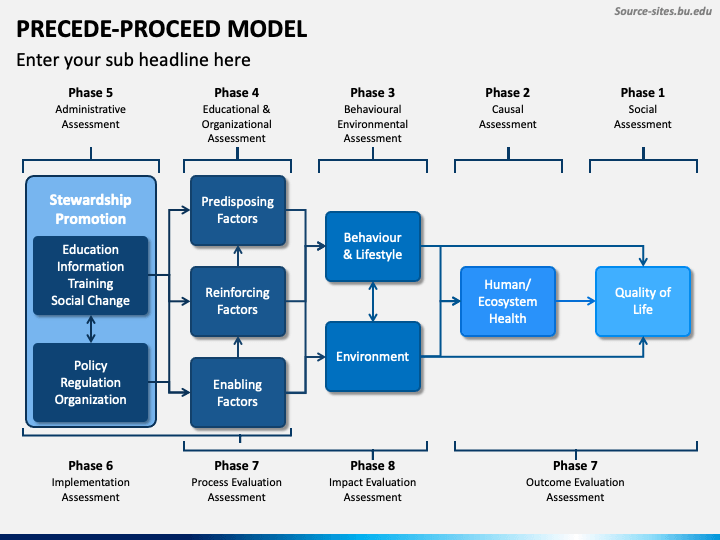
PRECEDEPROCEED Model PowerPoint Template and Google Slides Theme
Precede is a verb that means "to be, come, or go before someone or something." It can also mean to "outrank someone in importance." Its different forms are: Knowing that the prefix "pre-" means "before" can help you remember how to use precede correctly. In the alphabet, the letter "C" precedes the letter "D."